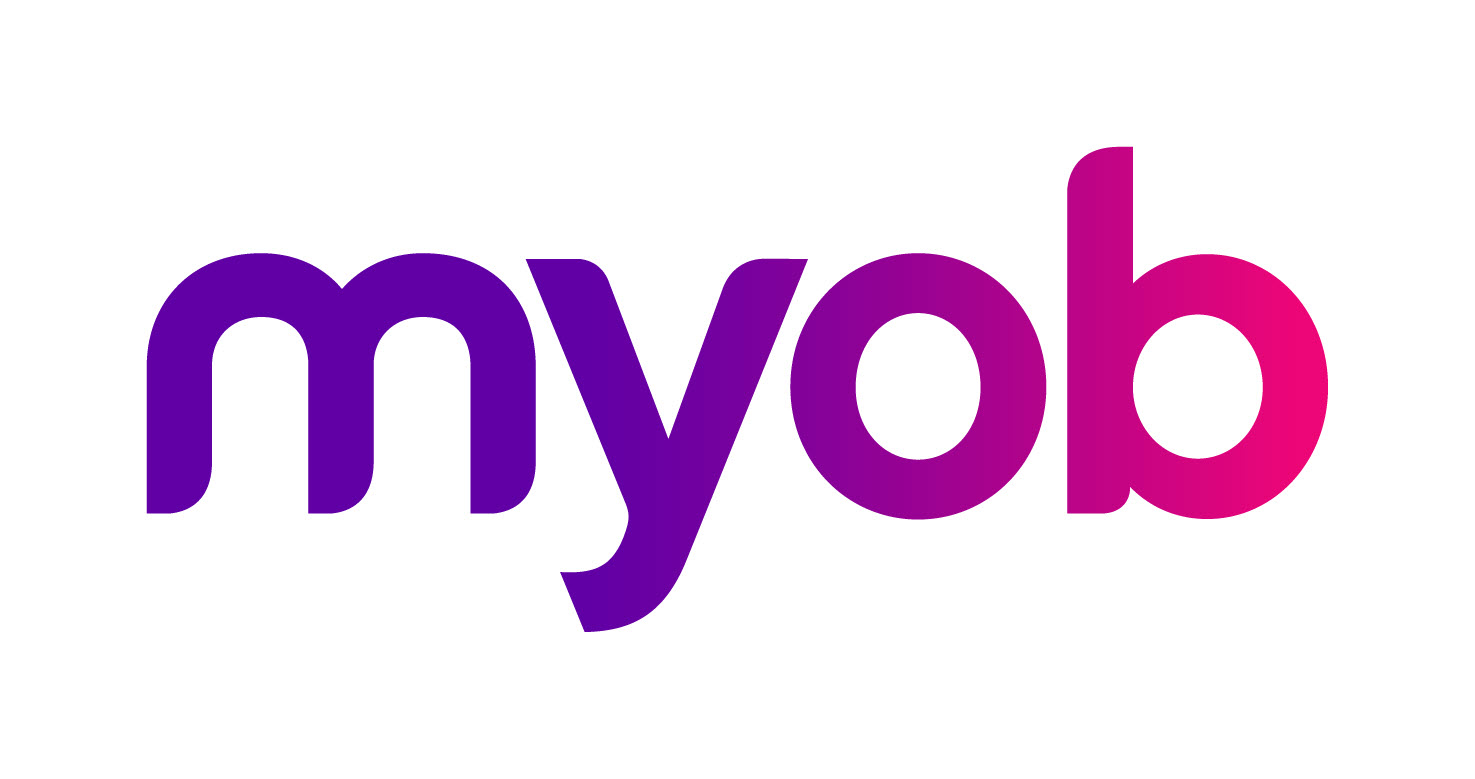EXO Business DCE (EXO Anywhere)
Need more help? You can open the online help by pressing F1 on your keyboard while in your software.
You can also find more help resources on the MYOB Exo Business Education Centre.
What is the DCE?
The Exo Business Dynamic Commerce Engine, or Exo Business DCE, is the middleware server application used in a multi-tier Exo Business deployment. This application runs between the client application (for instance, Exo Business.exe), and the database server (MS SQL Server).
The use of the middleware reduces the bandwidth requirements between the client and middleware, assists in simplifying the deployment of larger implementations, and centralizes business logic. This allows greater scalability and more flexible deployment options for the end-user, the implementer, and the network administrator.
Features of the Exo Business DCE
The Exo Business DCE provides the following benefits:
Improved efficiency in network communication, reducing the need for large data pipes between the client and the middleware, providing Wide Area Network (WAN) and remote access capabilities to standard Exo Business installations.
Ability to run the middleware on multiple computers, providing greater flexibility and scalability to Exo Business installations, including more flexible client and server implementations.
Improved security management, providing a controlled separation of the SQL database and client activity.
Centralized point of management for client diagnostics
Why use the DCE?
Offsite hosting/shared environments are increasing in frequency. The primary use of a DCE is for businesses that do not want to run Remote Desktop Services for their non-office based personnel. Intended use scenarios:
Traditional Non-DCE Setup
Users in the head office access Exo directly via local executables connected to actual Exo Instance via SQL.
All others access via Remote Desktop sessions (Terminal Services).
Server requirements (Note, smaller sites may choose to combine servers, but this is strongly recommended against for performance reasons):
SQL Server
Terminal Server(s)
DCE Setup ON SITE
Users in the head office access Exo directly via local executables connected to actual Exo Instance via SQL.
All others access via local executables connected to actual Exo Instance via DCE middleware.
SQL Server
DCE Server(s)
DCE Setup VIA CLOUD
All users access Exo via local executables connected via DCE Middleware.
SQL Server
DCE Server(s)
There are obviously potential applications for DCE Relationships to enable shared tenancy environments as well, those discussions are outside of the scope of this article.
Everything to do with DCE Configuration should be referred to either your IT Administrators or your Exo Business Implementation Partners. These pages are highly technical and intended for your Partner to work through.
You can also find more resources on the MYOB Exo Business Education Centre.
